2019 in Hindsight
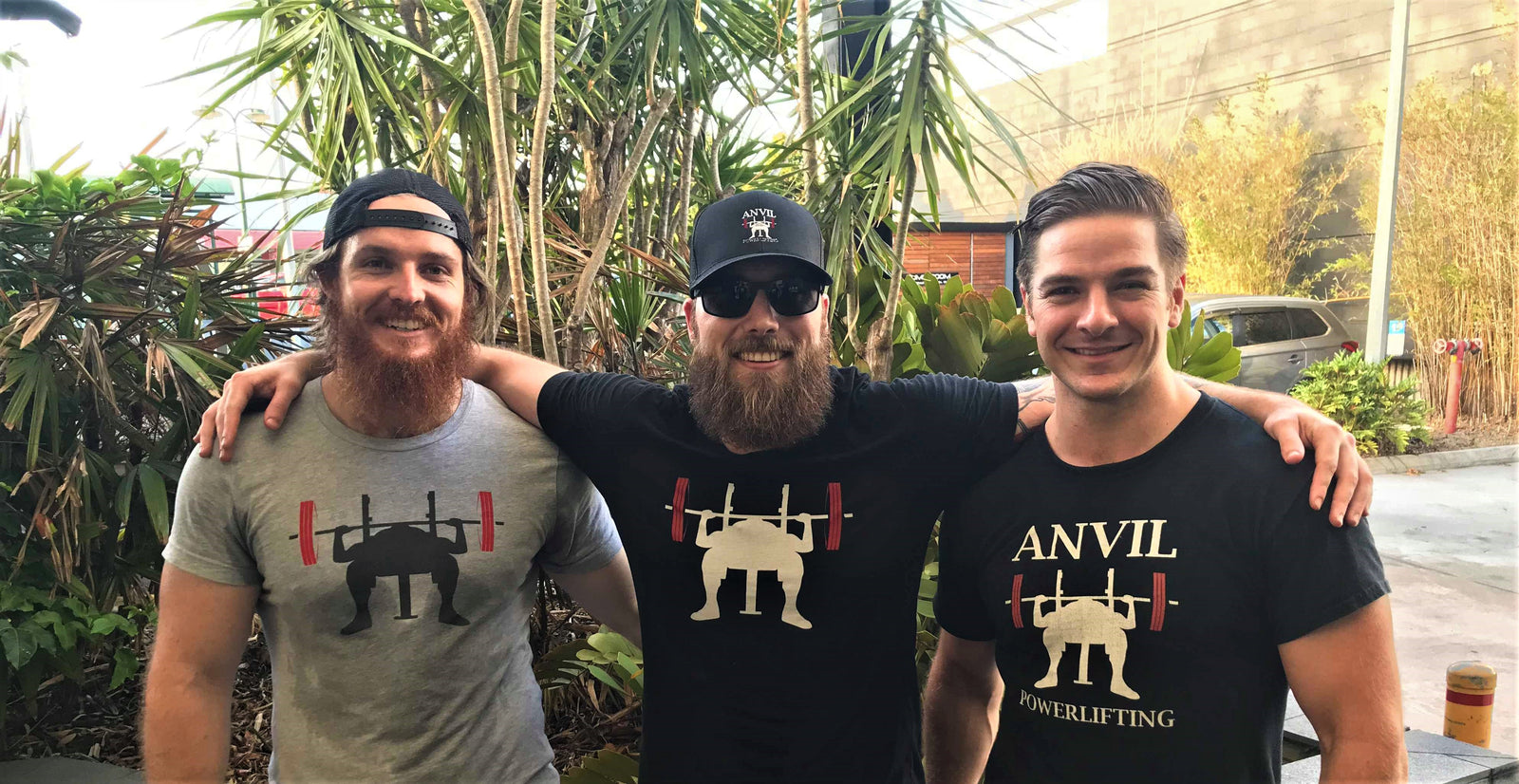
An Anvil Opinion Article by Daniel Hunt
It’s been a big year for the Anvil Training & Development team - considering the idea that started Anvil only came into being about six months ago. For the three of us who run the business, it’s meant a lot of sitting around and talking, making plans and discussing what’s the best approach to any set goal. It’s also meant actively following through with any decision we make - which is the part that causes businesses to fail if not done correctly, something we saw happen to others this year. Early on we established some ground rules, including what we wanted to achieve, how we would achieve it and if it could all be done whilst also being financially sustainable. If I was to sum up the first six months of Anvil’s existence, I would dare to say it’s been a great success.
Nathan, Marshall and I love what we do, to the point that maintaining the success of this business has overridden previous future personal goals and put them on the backburner. Every time we provide something - whether it be a new product, educational content, or just something enjoyable to read or watch - we feel immense satisfaction at being able to provide that for people. Greater still is the positive feedback we get from people. Every time someone tells us they love their custom weightlifting belt reads an article or compliments our customer service, we’re extremely grateful for the support. So if you’re reading this, thank you. Because even just one person gaining something from our efforts is justification enough for us to keep doing it.
The purpose of this article isn’t to talk specifically about how well things are going or to thank anyone, it’s more so for the sake of reflection. Every time you do something, there’s an opportunity to look back and assess whether it could have been done better, and how this could be applied to situations that arise in future. Could I have studied more? Should I have given myself more rest? Or should I have put in more effort on the days I wasn’t feeling great? Questions like that can haunt us if we let them get out of control, but like anything, they can be used for your benefit when applied correctly. Comparing the results of our efforts with our initial goals can tell us whether our methods need to be questioned and improved if the answers to those questions are found wanting. With the end of the year coming in fast and the idea of reflection fresh on our thoughts, now is as good a time as any to see if we’ve come out with the result we wanted for the end of 2019. Work is starting to slow down, final exams are ending, and our swimwear is going to very honestly tell us if our beach bodies are ready for summer or not. Not happy with where you are in a certain aspect of your life? Instead of waiting until New Year's Eve and wishing upon some fireworks that a half-hearted vow will give you the motivation required to make changes, choose to reflect now and apply some critical thinking onto your actions this year.
Reflection
I Googled the definition of ‘reflection’ - not because I don’t know what the word means, but so we could explore the similarities and differences of definitions, and real-world application. The first definition that Google gives is the conventional meaning of ‘reflection’, being: “the throwing back by a body or surface of light, heat, or sound without absorbing it.”
Thankfully, I’m not telling anyone to have a good hard look in the mirror today - so this definition isn’t relevant right now. The second, and more pertinent, definition given is this: “serious thought or consideration”. This is a much better definition for the purpose of this article, as serious thought or consideration is what I would ask someone to give their own actions throughout the year. If improvement or general change is what you intended for this year, then ideally your actions have mirrored that intention by being conducive to improvement and change. If your actions are indicating that you’re satisfied with your current situation, then why would anything change? I understand that it’s common for us all to try without achieving the outcome we wanted, and that’s okay - because any effort beats none at all. The key is to not be deterred from trying again, and not using events external to yourself as excuses for sub-par results. Analyze each action you took and look for ways that it can be improved and contribute to future efforts. Don’t be afraid to get rid of something that didn’t work or straight up set you back, and don’t let new methods intimidate you. Learn, adapt, and most importantly, have a clear goal.
Applying
Whether your goal is the same as last year or completely new, having one in the first place is foundational for success. If you aren’t sure what your goal for the coming year would be, then think of what your New Year Resolution would be. For most people, resolutions are usually pretty simple - get fit, save money, drink less, etc. All worthy goals for anyone to have, and a good basis to start planning on how you’ll achieve them. If you’ve analyzed your past years' efforts, then you should be able to analyze your goal as well - narrowing it down to a goal grounded in a specific reason, and as something that is manageable and realistic. Want to get fit? Are you just trying to lose weight? Get stronger? Train for a marathon? You should pick a program that is tailored to your specific desires. The same kind of logic can be applied to saving money - what are you saving for? What do you spend money on now? What could you not spend it on? This kind of assessment and planning highlights how important that initial reflection on your past actions can be. If you don’t understand why what you did the first time didn’t work, there’s no way to know how to improve for the next time. Application requires something to apply, so if you’re planning on going into the new year with the same old casual approach to a goal that you consider life-changing - then chances are, the results will reflect that.
I’ll try and give a personal example of myself using reflection and application. My goal is to continue studying an Honours degree part-time during the second half of next year, which I started and for which I gained all the foundationally important knowledge in 2018. Reflecting on this year, I acknowledge that I haven’t done anything to maintain that knowledge, and accept that I’ve forgotten some important information that I’ll need to know for when I pick study back up again. Moving into the New Year, I intend to start doing some study in my spare time to get back to a level where I feel confident in the core knowledge I obtained during my first year of study. I have the time and resources to do it, so I feel like my goal is achievable.
As I said, this is a personal example - but I am practising what I preach with full confidence that these methods can help me see the outcome I want. I also would like to comment on the timing of taking action towards change and improvement. Generally speaking, I advocate that every day is a good day to initiate change - because all change takes time, and anything delayed is more likely to be delayed again. While the idea of a New Year's Resolution is positive, it tends to act as a reason for people to delay the changes they’d like to make to their lives. So finding the balance between acting impulsively and procrastinating is a healthy medium for which to aim.
Furthermore, it is important to take into consideration that all adjustments - positive or maintenance-based - take time to happen. You may have heard of or met someone who owns a gym membership but never uses it. This is a classic example of taking an initial step to implementing a positive action, but failing to follow through as motivation declines. When you make a plan to apply the lessons learnt from the previous year, that plan should involve realistic timeframes, so that you’re aware of the consistency required of you. Maintaining that consistency is difficult - no matter the goal - and falling off the wagon happens. So if you find yourself experiencing feelings of failure because you didn’t stick to your beautifully thought out plan, don’t let it deter you from picking it up from where you left it - or even starting again. Changes are hard and may take multiple separate efforts. Patience is a virtue - as they say - and being patient with yourself is just as important.
The Good, the Bad, and the Ugly
As you reflect upon the year (or decade), I genuinely hope that it’s mostly been good, with personal growth and quality of life improvements. All of us at Anvil T&D have had interesting years, even before Anvil became our main priority. As a team, we’ve reflected and done our best to apply any lessons learnt from mistakes or successes, with the intention of maintaining that as we go into a new decade. The bad and ugly have been used for the life knowledge that they give anyone who experiences them, so that hopefully we can help others dealing with them, too. We’re striving to give veterans, emergency service workers, and everyday people access to information that can improve their wellbeing - whether physical or mental, and show everyone the importance of learning and physical activity in everyday life. One of our goals this year as a business was to provide one article a week for the rest of the year. With the last few weeks upon us, that goal is about to be fulfilled. Thank you again to anyone that reads our ramblings - we genuinely enjoy writing them and hope you get something from them. See you in the next one!
About Us
Anvil Training and Development is a group of Australian veterans who care about the physical and mental health of veterans and emergency service workers. We’re passionate about ongoing education and working with others to implement positive change.
Instagram: Anvil Training & Development - @anvil.td
Facebook: Anvil Training & Development - @anvil.td
www.anviltd.com
(Article Edited, Proof Read, and Fact-Checked by Charlotte Officer)
VES Mental Health Resources: https://anviltd.com/pages/ves-australian-mental-health-resources
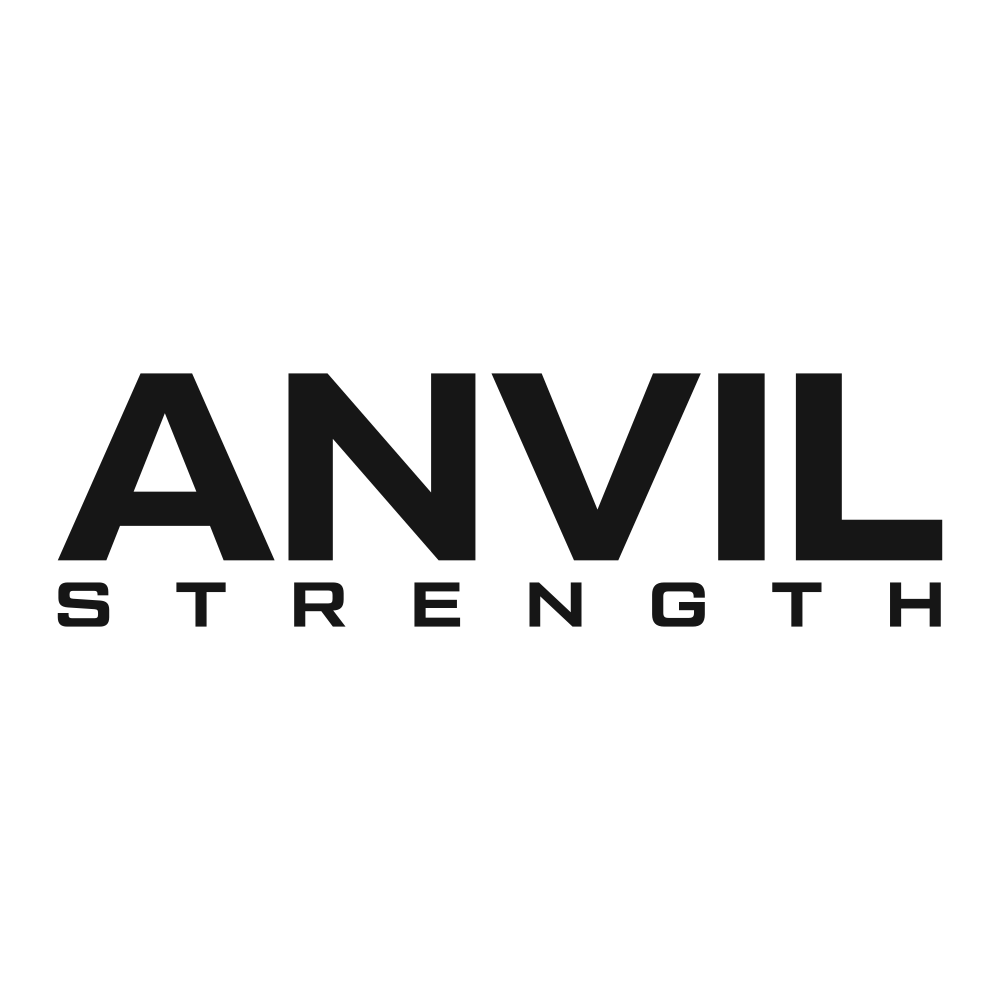
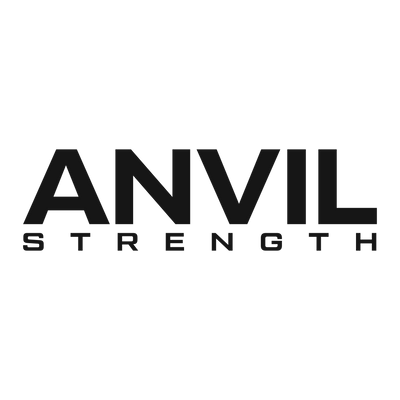
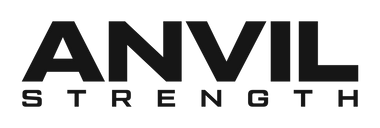
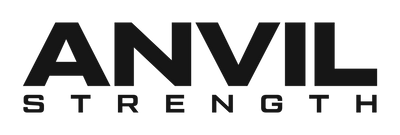
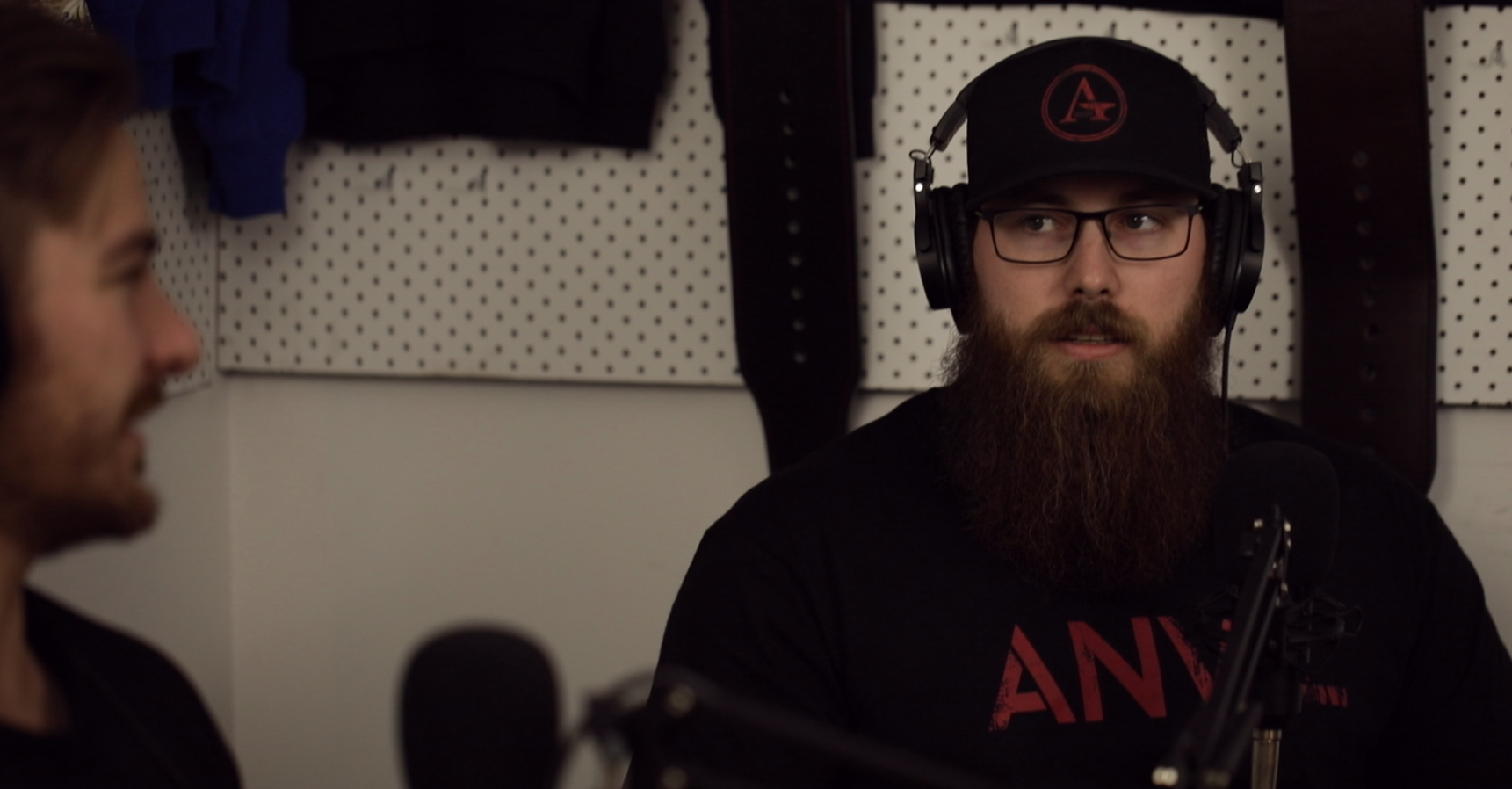
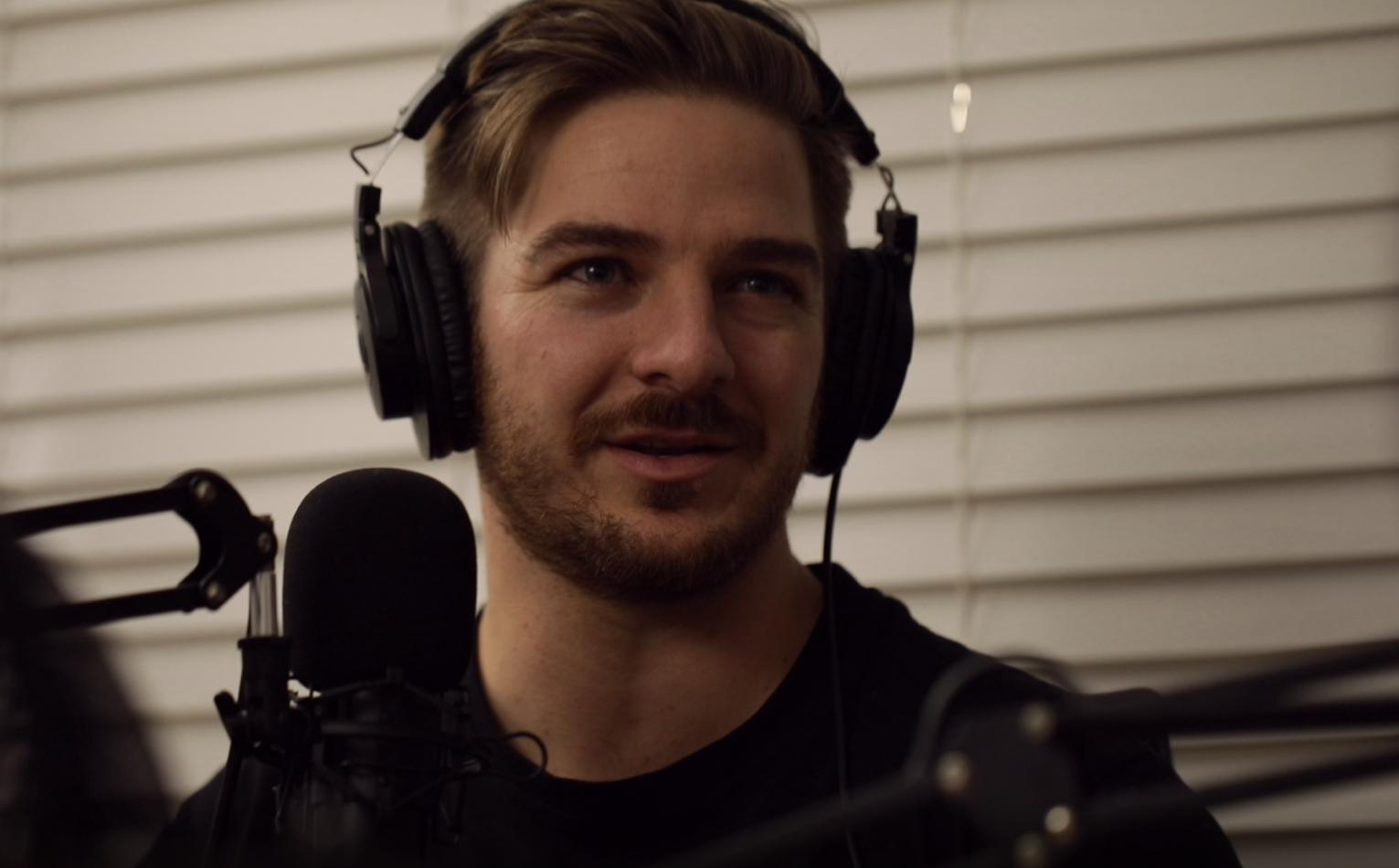
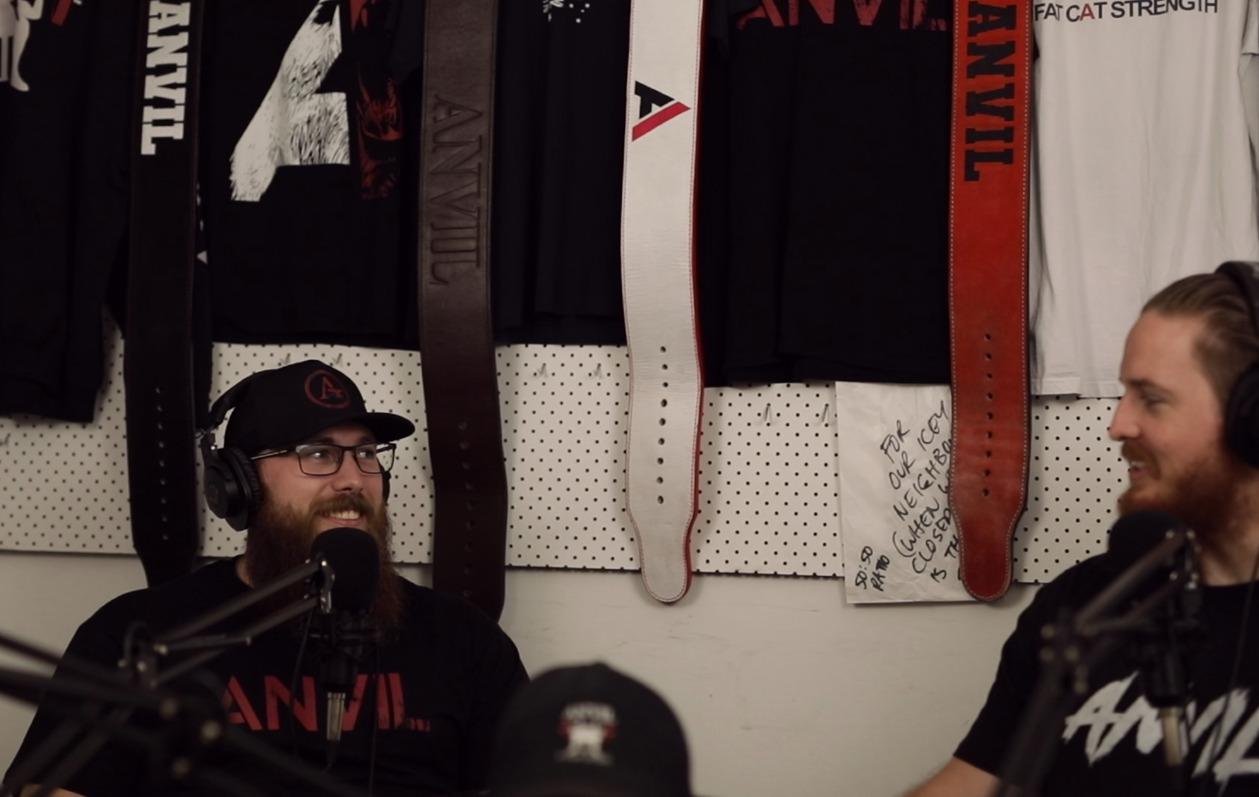
Something to reflect on:
In the learning/education context, we believe that reflective practice is at the heart of learning.
Two great questions that are posed for reflection after a new or challenging experience:
1: What did I learn?
2: What have I learnt about myself as a learner?
Leave a comment